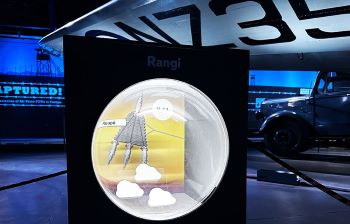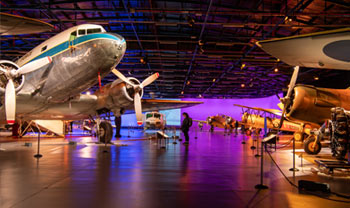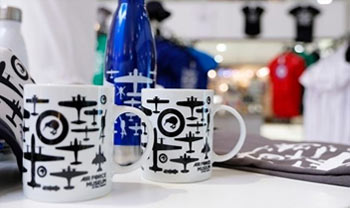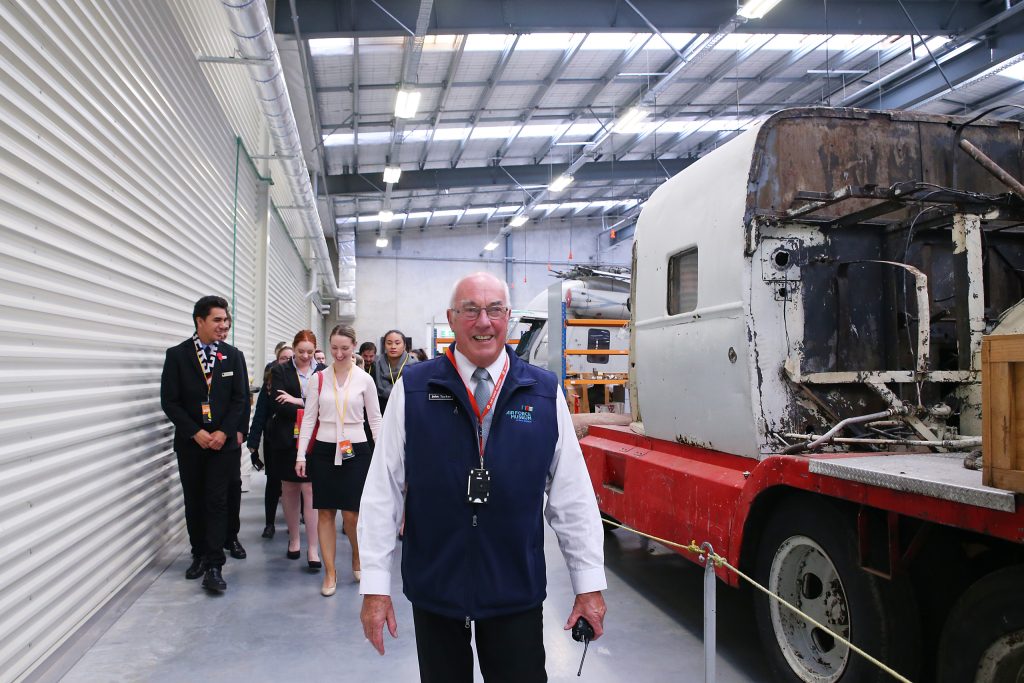From time to time, our team attend conferences and present papers or presentations on initiatives, projects or research undertaken here at the Air Force Museum. It is a great way for us to showcase our collections, share our research and meet other researchers and heritage professionals.
Over 13-15 February 2020, a major international conference on World War Two was held at Massey University campus in Wellington. Entitled ‘Heavy and Continuous Sacrifice’, it focused on New Zealand and international aspects of the conflict. Eminent speakers and delegates came from across the globe, including Canada, Australia, the UK, Singapore and Germany. In addition, on one of the days, students from the New Zealand Defence Force’s (NZDF) Command and Staff College also attended.
Two members of our Research Team were fortunate enough to be able to speak about their research. First up on day 1 was Archives Technician Louisa Hormann, who returned to some postgraduate research she had previously undertaken at Victoria University. Entitled ‘Strangers at the Wharf: The Arrival of German Jewish Refugees in New Zealand, 1933-1942′, it looked at the ways in which refugees came to New Zealand to flee Nazi Germany and the items of their homeland that they brought with them. It also offered some interesting and thought-provoking observations of New Zealanders’ attitudes to these refugees.
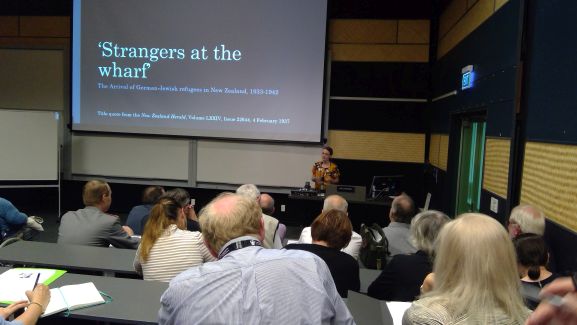
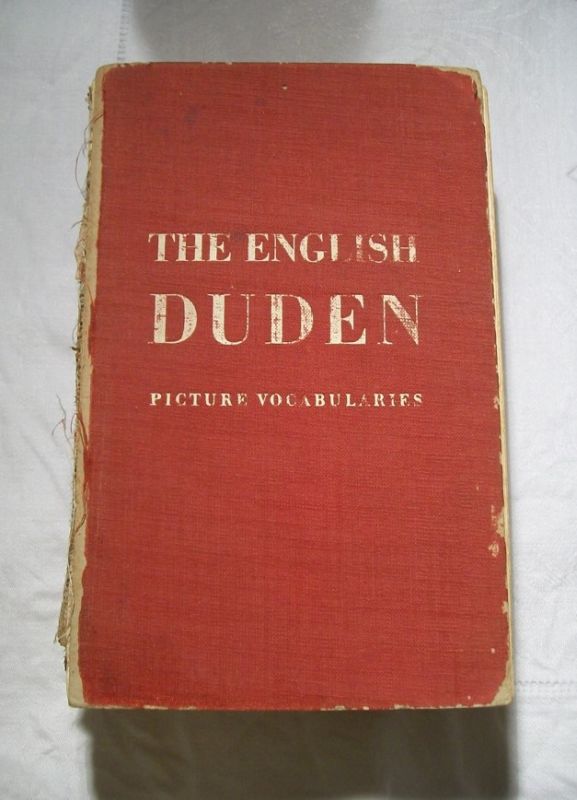
On day 2, Research Curator Simon Moody’s paper, ‘Facing the Rising Sun’, explored the collective and individual experiences of New Zealand airmen during the disastrous Malaya and Singapore Campaign in 1941-1942. The talk was based on research into personal experiences based on diaries, letters, memoirs and oral history interviews and used a lot of photographs of the units and men concerned. Most of these sources came from our own Museum collections and the images can be found on our online photo database. Feedback for both papers was extremely positive.
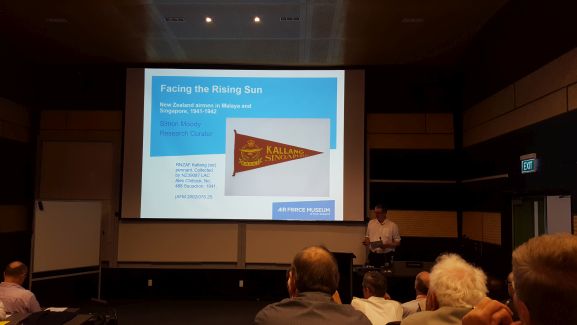
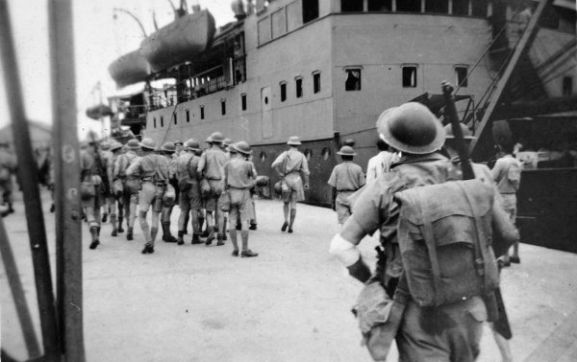
Personnel from No. 1 Aerodrome Construction Squadron on the dock in front of the ship SS Darvel during the evacuation from Singapore. From the collection of the Air Force Museum of New Zealand.
There was a most unexpected turn to the conference on day 3, when Simon read a paper on behalf of an New Zealand Defence Force colleague who was unwell. This paper discussed the history and work of the Missing Persons Investigation Unit of the RNZAF in the Pacific after the war. It was a great way of sharing our collections again and highlighting the work of this little-known unit.
Overall, the Conference was a fantastic three days – the papers were all varied, thought-provoking and sometimes provoking fierce debate, as all good conferences should do. The proceedings are now being prepared for publication, so they can be shared with the wider community.
